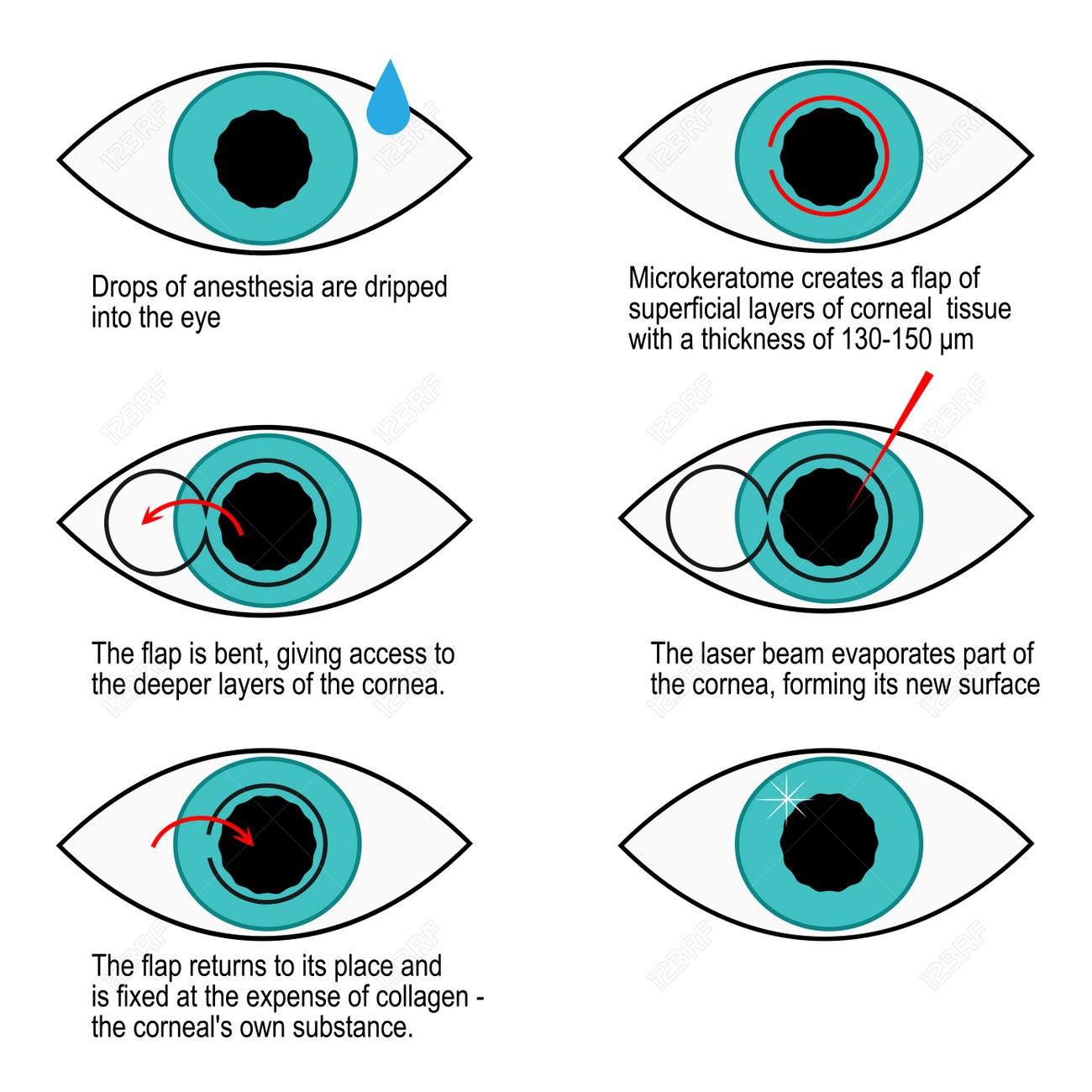Discover The Potential Of Refractive Lens Exchange And The Shocking Truths Your Eye Doctor May Not Disclose-- Could This Be The Vision Option You've Been Missing?
Discover The Potential Of Refractive Lens Exchange And The Shocking Truths Your Eye Doctor May Not Disclose-- Could This Be The Vision Option You've Been Missing?
Blog Article
Published By-Sumner Wollesen
Have you ever before took into consideration Refractive Lens Exchange (RLE) as an option for vision improvement? While it isn't as widely discussed as LASIK, RLE could be a game-changer for your sight. Many individuals overlook its advantages, believing conventional methods are their only option. Yet what are the genuine benefits, and what might your ophthalmologist not be informing you concerning this treatment? Allow's discover the ins and outs of RLE with each other.
Understanding Refractive Lens Exchange: The Essentials
Refractive lens exchange (RLE) is a surgery that can dramatically boost your vision, especially if you're taking care of presbyopia or serious refractive errors.
Throughout RLE, your eye doctor eliminates your eye's all-natural lens and changes it with a fabricated one customized to your vision needs. This treatment can deal with nearsightedness, farsightedness, and astigmatism, giving you more clear vision without counting on glasses or get in touch with lenses.
The surgical procedure is generally fast, taking less than an hour, and most people experience minimal pain. Recovery is relatively quickly, permitting you to return to your day-to-day activities quickly after.
If you're considering RLE, speaking with your ophthalmologist can aid you identify if it's the appropriate option for you.
Trick Distinctions In Between RLE and Conventional Cataract Surgery
While both refractive lens exchange (RLE) and traditional cataract surgery entail changing the eye's natural lens, their key goals and client accounts differ significantly.
RLE is focused on people looking for to decrease their reliance on glasses or call lenses as a result of refractive mistakes, typically before cataracts develop. On the other hand, traditional cataract surgical treatment generally targets patients that have actually established cataracts, which cloud the lens and hinder vision.
https://www.silive.com/gracelyn/2021/02/i-can-see-clearly-now-my-moms-laser-cataract-surgery-was-a-success-heres-what-to-expect.html used in RLE can offer a more comprehensive range of vision correction, while basic cataract surgery usually includes standard monofocal lenses.
Additionally, RLE candidates are often younger and in excellent general health and wellness, whereas cataract individuals might be older and have various other health and wellness concerns.
Picking the best procedure relies on your particular vision requirements and situations.
Prospective Benefits and Considerations of RLE
If you're considering refractive lens exchange (RLE), you'll discover a number of potential benefits that may enhance your lifestyle.
RLE can offer you with clearer vision, decreasing or getting rid of the need for glasses or call lenses. It offers a possibility to resolve presbyopia and other refractive mistakes all at once, typically boosting your total visual acuity.
Furthermore, RLE can be a great option if you're not a suitable candidate for LASIK. Nonetheless, it is essential to consider the considerations, like the expense, possible dangers, and the healing period.
Reviewing https://people.com/health/lasik-eye-surgery-what-to-know/ with your eye doctor can aid you make an informed choice, guaranteeing you select the very best course for your vision adjustment.
Final thought
In conclusion, refractive lens exchange provides a distinct remedy for vision adjustment that exceeds what LASIK can offer. It's important to evaluate the benefits versus potential dangers and prices prior to deciding. Do not be reluctant to ask your ophthalmologist the tough inquiries to guarantee you completely understand the treatment and its implications for your vision. With the appropriate information, you can with confidence select the very best option for your eyes and way of living.
